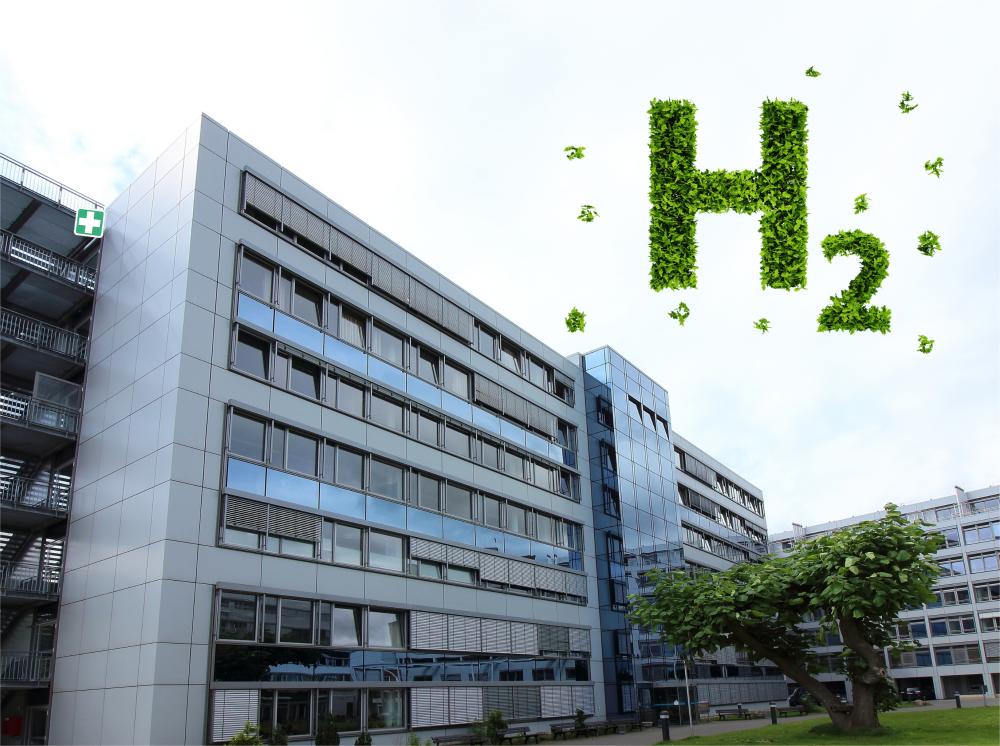| Making hospitals safe for hydrogen use |
| Date: 2023-07-18 Source:IEC |
Let's go back in time to 2020 for a moment - to the underground parking lot of a hospital in the US city of Detroit. It was a Friday evening like any other, but something was not quite right. Suddenly a loud explosion filled the air and shards of glass went flying everywhere. A hydrogen tank in the back of a parked pickup truck had exploded. A 72-year-old woman and a 53-year-old man were seriously injured. Fortunately, there were no fatalities, but things could have been far worse. Nowadays, we know that hydrogen-related incidents like this one can be quite common in places where safety measures have not been properly followed. As green hydrogen becomes a feasible and sustainable option for places like hospitals, standards organizations such as IEC are playing an increasingly significant role in addressing the health and safety concerns that come along with the use of the highly inflammable gas. The push for "green" hospitals Many hospitals across the world have recently been considering going "green" in the fight against climate change. Spain and Netherlands are among countries where hospitals have already started becoming functional using "green hydrogen" for power generation. Carbon-neutral strategies adopted by different countries have been a driver for hospitals to devise decarbonization strategies. Green hydrogen generated through the process of electrolysis, powered by renewable energies such as wind or solar, presents a sustainable solution which can be produced without emitting enormous amounts of carbon dioxide. Hydrogen use in hospitals is not just limited to power generation though. Researchers are exploring its potential use in the treatment of cardiovascular diseases, inflammatory diseases, neurodegenerative disorders, and cancer. How is IECEx helping hospitals become safe for hydrogen-use? If the use of hydrogen becomes more prevalent medically, it will also mean that medical practitioners and operators handling the gas would need to be trained for it. But how does one ensure that the training meets a certain standard of safety and quality? This is where standards and conformity assessment organizations like the IEC come into the picture. Experts from all around the world set safety, quality, and reliability standards. They also have procedures to ensure that factories or other institutes and organizations conform to these international standards. IECEx is a conformity assessment system set up to deal with the testing and certification to IEC, ISO/IEC and ISO Standards relating to equipment for use in explosive atmospheres. IECEx brings its expertise to the hydrogen economy. With more than 25 years of experience in testing and certifying electrical and non-electrical equipment, repair and overhaul facilities as well as personnel competence associated with use of equipment in explosive (Ex) atmospheres, which has always included areas where hydrogen may be present, it is well suited to extend its coverage to other elements associated with hydrogen, especially green hydrogen, and the hydrogen economy: ensuring the safety and security of equipment in and workers operating in a hydrogen environment. As hospitals and other operations start transitioning to hydrogen alternatives, international standards and the IECEx System ensure a safe and sustainable future. All IECEx certificates offer clear proof of compliance with international standards, an important assurance for anyone responsible for the safety of those working in such areas and for the equipment they operate. (Source: IEC)
|
|
Attachments:
|
